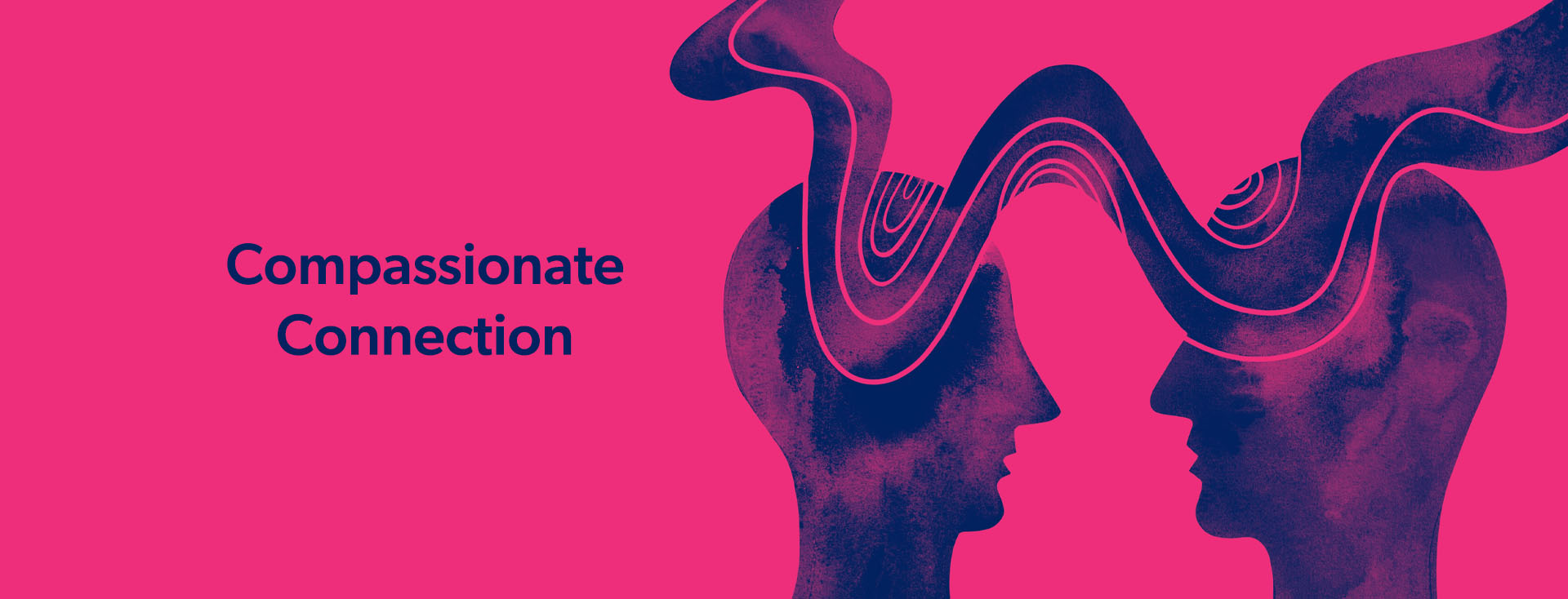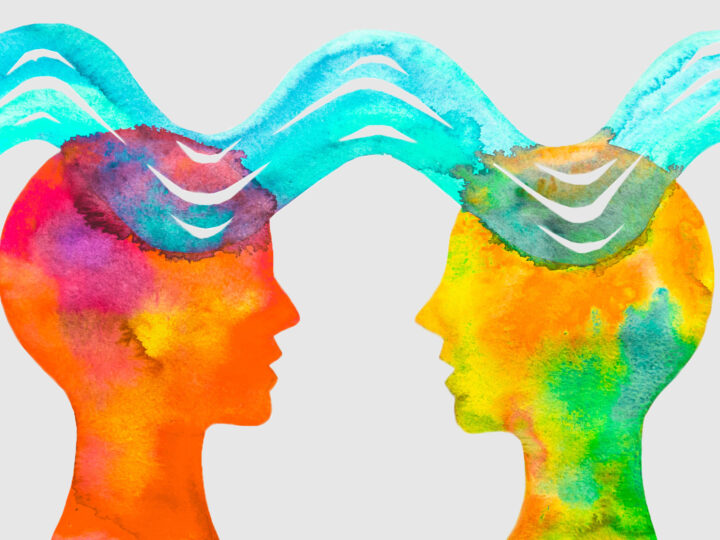
Is there really a sixth sense?
Science has found that the brains of people in close friendships and intimate relationships show activity in the same regions when exposed to the same stimuli. It makes sense that the same areas of the brain would become active in best friends when exposed to the same style of music because they share the same tastes. In essence, they think alike. Even so, the connection between people in loving relationships often runs much deeper than simply being able to predict each other’s preferences. In many cases, they can predict what the other person is thinking, feeling or what they’ll say next. Intimate couples sometimes say they’re so in sync that they complete each other’s sentences. Is this sixth sense for real? What’s going on?
Researchers in Australia wanted to answer that question by finding biological proof of whether two people really can become “one” when we feel so in sync with another person. To do that, they needed a controlled emotional setting and so followed 30 people through psychotherapy for five years for a total of 180 hours of counseling. During that time, the study subjects and their therapists were fitted with electrocardiographs (ECG) to monitor the heart, sensors to measure skin conductance resonance, and electrodes to track brain activity.

Results showed that when the subjects and their therapists became better acquainted after several sessions, their autonomic nervous systems began to pulsate in a common rhythm as they came into “alignment” despite having no physical contact with each other. In real time, their brains showed heightened activity in the parietal lobe, which is the region that controls imagination. This is likely the result of empathy from the therapist and envisioning the details described by the subject.
Researchers called this the moment of “oneness” that we often experience in a deeply emotional relationship, particularly when two people fall in love. Biologically speaking, they really are thinking and feeling alike, which is why we can make such predictions about how a friend will behave in a situation or what our spouse will say next. The Australian researchers were building on the work of Harvard University Medical School psychiatrist, Carl Maci, who called this bio-emotional alignment, physiological concordance.
While this altered state of consciousness is real, there’s nothing magical about it. Researchers said the brain is hard-wired to perform this function to strengthen the bonds within relationships and even societies. We really do have the capacity to understand people on a deeper level, and researchers are already looking into ways these findings can improve relationships of all kinds, including those between teacher and student, doctor and patient, and more.
JOIN THE MOVEMENT
Subscribe to our newsletter and receive inspirational stories delivered to your inbox that spread love, updates on our movement, and notifications on upcoming deals & events.




